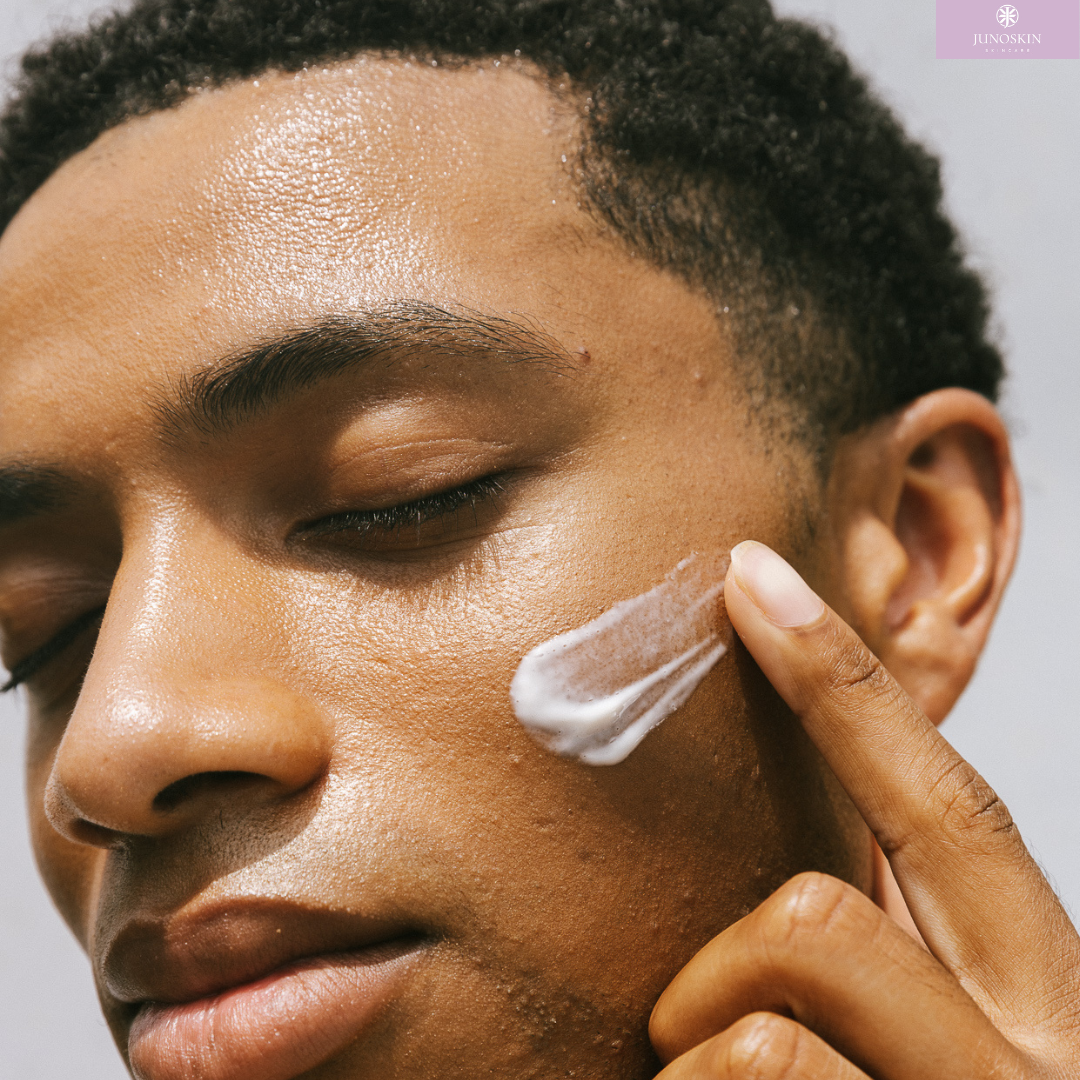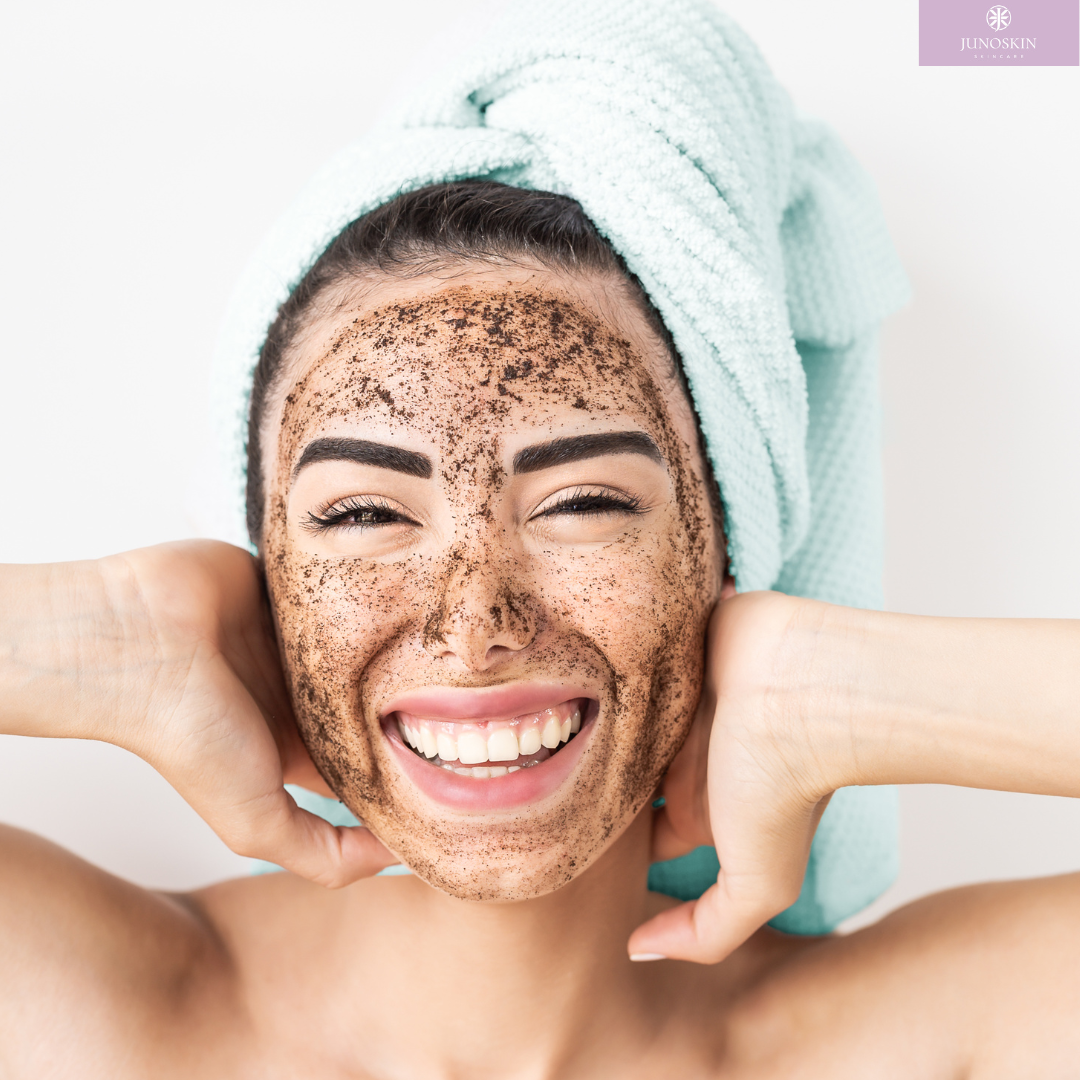We call retinol the 5 star ingredient because it has FIVE proven beneficial effects fore the skin:
-
Reducing the appearance of fine lines and wrinkles: Retinol can increase cell turnover and stimulate collagen production, which helps to smooth out the skin and reduce the appearance of fine lines and wrinkles.
-
Improving skin texture and tone: Retinol can help to improve skin texture and tone by increasing cell turnover and promoting the growth of new skin cells.
-
Treating acne: Retinol has been shown to be effective in treating acne by unclogging pores, reducing inflammation, and regulating oil production.
-
Minimising the appearance of dark spots and hyperpigmentation: Retinol can help to reduce the appearance of dark spots and hyperpigmentation by increasing cell turnover and exfoliating the skin.
-
Enhancing skin hydration: Retinol can help to improve skin hydration by increasing the production of hyaluronic acid, a natural moisturising factor in the skin.
Overall, retinol is a powerful ingredient that can help to improve the overall health and appearance of the skin. However, it is important to use retinol products as directed and to avoid overuse, as excessive use can lead to skin irritation and sensitivity.
How is Retinol Made?
Retinol, also known as vitamin A1, is a natural compound that can be found in a variety of animal-based foods, such as liver, eggs, and dairy products. However, retinol is also synthesised in a laboratory setting to create a more concentrated form of the vitamin that can be used in skincare products and supplements.
The process of synthesising retinol begins with the isolation of a precursor molecule called beta-carotene. Beta-carotene is a naturally occurring pigment that is found in many fruits and vegetables, such as carrots, sweet potatoes, and spinach. Beta-carotene is then chemically converted into retinol through a series of reactions that involve hydrogenation, isomerisation, and oxidation. The resulting retinol molecule can be further modified to create other forms of vitamin A, such as retinoic acid, which is used in prescription skincare products for acne and anti-ageing.
Can I use retinol when pregnant or breastfeeding?
Because pregnant women are advised to be cautious about eating liver in pregnancy (due to high Vitamin A content), we advise against using retinol when pregnant. While there has not been evidence to suggest that topical vitamin A derivatives like retinol cause birth defects, we exercise an abundance of caution with these topicals and advise avoidance during pregnancy and breastfeeding.
Who should avoid using retinol?
People with dry, sensitive and rosacea skins will find it harder to tolerate most potent formulations. However, they may well be able to tolerate some bbrands better than others so dry different ones. I find peptides to be a great anti-ageing alternative for these skin types.





